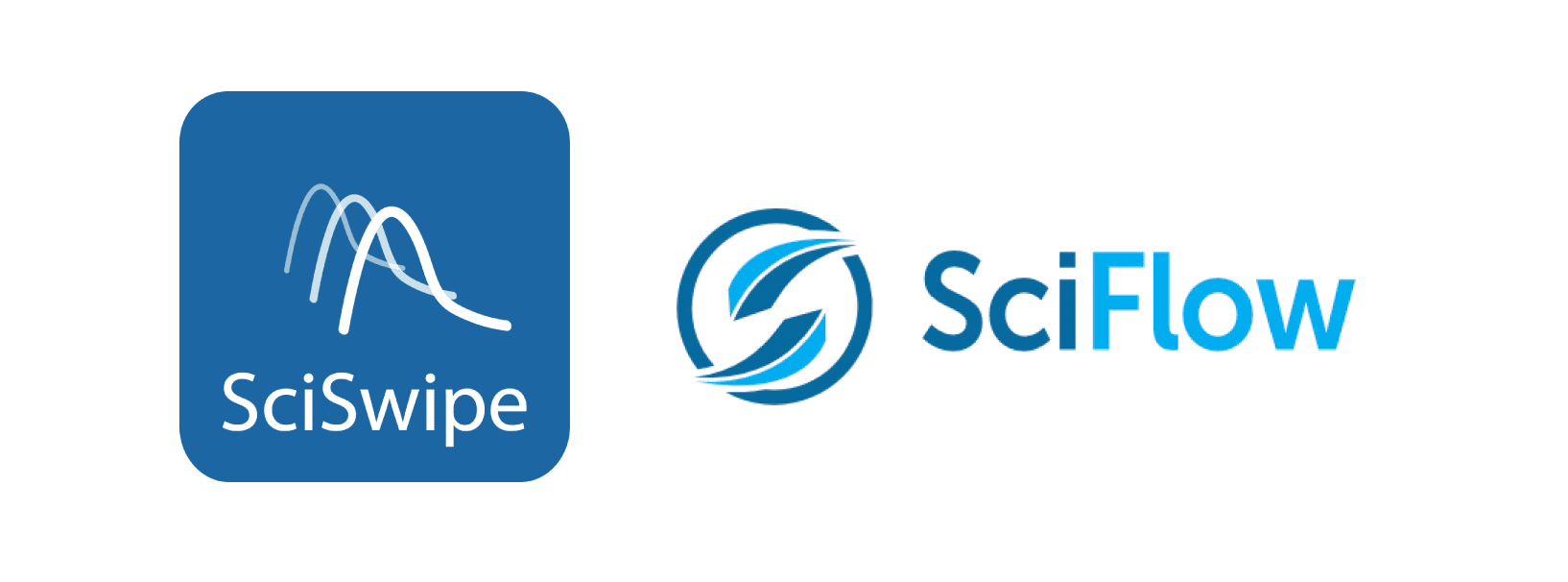From machine learning to improving publishing workflows – 2020 Catalyst Grant Winners
SciSwipe and SciFlow, two projects aiming to improve workflows in publishing and machine learning, are the latest recipients of the Catalyst Grant award for innovative startups.

LONDON, UK: Noon, 12 March 2020. Research industry technology company Digital Science has today revealed the latest winners of its prestigious Catalyst Grant award: SciSwipe and SciFlow have each been awarded a grant.
An international initiative to develop innovative projects and technologies The Catalyst Grant offers an award of up to £25,000 or $30,000 for concepts with the potential to transform scientific and academic research. Digital Science is well known for its engagement with the research community, and the grant supports ideas at an early stage of development, without the need for a complete business or development plan.
SciSwipe is a data pipeline platform which breaks down complex, large-scale datasets into simple images the public can view and label. Labeled reference sets are a prerequisite for supervised machine learning.
Co-founded by Mariëlle van Kooten and Anton Pols, who met at Delft University of Technology (TU Delft) in the Netherlands in 2014, the app helps scientists take academic and industry data and convert it into images that can then be labelled via a crowdsourced mobile-based platform.
“Crowdsourced exploration of complex, large-scale data holds great potential – a trained computer can mine nearly infinite amounts of data for clues to improve human health,” says co-founder Van Kooten.
“Each user can help train a computer by swiping and in effect labeling a small number of such images on a smartphone, dividing labour and increasing reliability,” adds Pols.
SciSwipe converts user actions into sets of labelled data which can be used to train a machine learning algorithm. The trained algorithm can infer new data, harnessing the power of machine learning to predict, prevent or cure disease.
Van Kooten has gained an MSc in Life Science and Technology from Leiden University and is a PhD student in Systems Biology at ETH Zurich. Pols is a data scientist at Roche in Basel, where he creates data-driven solutions for clinical trial and commercial operations. He holds a BSc in Electrical Engineering and an MSc in Applied Physics from TU Delft.
SciFlow is a collaborative authoring tool which simplifies writing and publishing workflows for researchers and their institutions. The tool aims to cut down communication time and take away the frustrations of re-formatting multiple manuscript versions and word files. Founded by Dr. Carsten Borchert and Frederik Eichler, who have known each other for more than a decade, the idea stemmed from Eichler’s experience as a student. His frustrations with formatting Word documents brought him to the idea for an easy-to-use text editing tool, which was powerful like LaTeX but easier to use than MS Word. Borchert, meanwhile, was hooked by the idea after experiencing similar frustrations writing and publishing research as a PhD student.
Borchert, who has a PhD in marketing and worked as an account manager at Oracle for five years, is responsible for sales and marketing, as CEO. Eichler manages SciFlow’s product development and previously worked at Capgemini for five years as a software engineer and project manager. They also have an advisory group of academics and industry experts.
“Research institutions and libraries follow our vision to re-establish the library as the best place to produce and access knowledge for researchers and millions of knowledge workers worldwide,” says Eichler.
SciFlow’s tool offers instant collaboration in one place, automated formatting and reference management works with drag and drop. The tool currently has over 1,000 active monthly users and four research institutions including Max Planck Society.
“The publishing workflow can be a very complicated process to navigate, especially for new researchers or those moving into new fields through collaborations,” said Dr John Hammersley, Co-founder and CEO, Overleaf.
“It’s exciting to see innovative new ways of approaching this problem, and we look forward to sharing our experiences of working with publishers and institutions to help and support SciFlow as they grow. Congratulations to Carsten and Frederik on what they’ve achieved so far!”
For press enquiries, please contact
Alex Jackson
Head of Press, Digital Science
a.jackson@digital-science.com
Digital Science is a technology company working to make research more efficient. We invest in, nurture and support innovative businesses and technologies that make all parts of the research process more open and effective. Our portfolio includes admired brands including Altmetric, CC Grant Tracker, Dimensions, Figshare, Gigantum, ReadCube, Symplectic, IFI Claims, GRID, Overleaf, Ripeta, Writefull and Scismic. We believe that together, we can help researchers make a difference. Visit www.digital-science.com and follow @digitalsci on Twitter.


